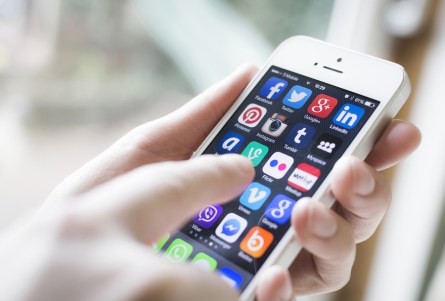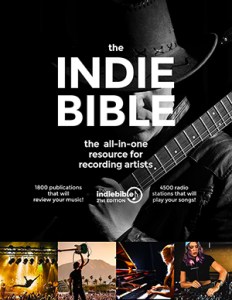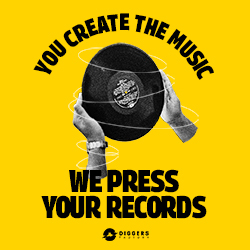Social Media Tips
REACH OUT TO US
The internet can be a weird place. The do’s and don’ts of web etiquette vary wildly by website, user demographic, industry, context, and the poster’s objectives. While the importance of maintaining a social media presence is relatively obvious, the nitty-gritty of best practices for emerging bands and artists is a little more nebulous. To help shed some light on the subject, we’re dedicating this article of our Music Promotion Guide to social media tips for musicians.
1. Don’t Be Offensive
Hold on, hold on. We know what you’re thinking: “Music isn’t supposed to be politically correct! What if you told the Sex Pistols or N.W.A. not to be offensive?” We wholeheartedly agree. But that particular brand of “offensive” material isn’t what we’re referring to here. Go crazy with your lyrics, your appearance, your stage presence, your persona — the Explicit Content sticker exists for a reason.
When we say “don’t be offensive,” we’re not saying you shouldn’t push the label with your art. We are saying that you should be wary of alienating your fan base by making a truly offensive social media gaffe. If a post — even a well-intentioned post — seems racist, sexist, homophobic, etc., you’re likely to deal your career a deathblow before it even gets off the ground.
Consider this cautionary tale. In 2011, media exec Justine Sacco made “the Tweet heard ’round the world” when she wrote, “Going to Africa. Hope I don’t get AIDS. Just kidding. I’m white!” It was meant as a joke, but Sacco was promptly fired.
The same lesson carries over to print media, too. More than one musical career has been ruined by a careless joke or offhand remark. The bottom line: don’t sabotage yourself.
2. Find the Right Posting Frequency
We all have that one friend on Facebook who clutters up our feed with post after post after post. There’s a picture of their baby… Followed by a baby-related status update four minutes later… Followed by another picture of the baby seven minutes after that. And on and on it goes; at least until we block their updates.
Being blocked or ignored on Facebook and other virtual hangouts doesn’t make much of an impact when you’re just a casual user without a professional objective. However, when you’re a solo artist or a band member — particularly when you’re just starting out and aren’t well-known — social media venues are one of your most important lifelines to the world. Social media sites are heavily populated and offer free, easy, quick exposure. You can’t afford to botch your digital presence, and annoying your fan base is just as bad as offending it.
On the other side of the coin, you don’t want to under-post. If your page seems to be dead or outdated, people will lose interest in checking for updates.
In this context, it’s a good idea to play “monkey see, monkey do.” Check out the pages and blogs of bands which are similar to your own in terms of popularity and sound. Determine how often they post. If they have a healthy number of Likes, visits, etc., they’ll probably be a good model. In general, a few posts per day is a good frequency — it’s enough to stay fresh, without being a nuisance.
It’s also a good idea to include tags and locations in your content, because it will help people find you online.
3. Interact with Your Fans
Musicians and their fans have a symbiotic relationship. Making music just for music’s sake is great for hobbyists; but as a budding professional, your goal is to be heard by an audience. That means interacting with fans. If you’re a little shy, this might feel awkward at first, but it’s simply part and parcel of being a musician.
Interacting with fans is worthwhile because it helps musicians stand out from the crowd. In principle, it’s not that different from getting really great, attentive customer service. As a musician, if you engage with a listener on a personal level, they’re more likely to remember you and to spread the word about your music. Fan interaction gives you the opportunity to change from someone faceless (“that guy in that band”) to someone with a distinct identity (“Brian’s comment was really funny”).
You don’t have to respond to each and every comment or criticism you might see about yourself online, but you should acknowledge at least a few to help keep listeners interested.





